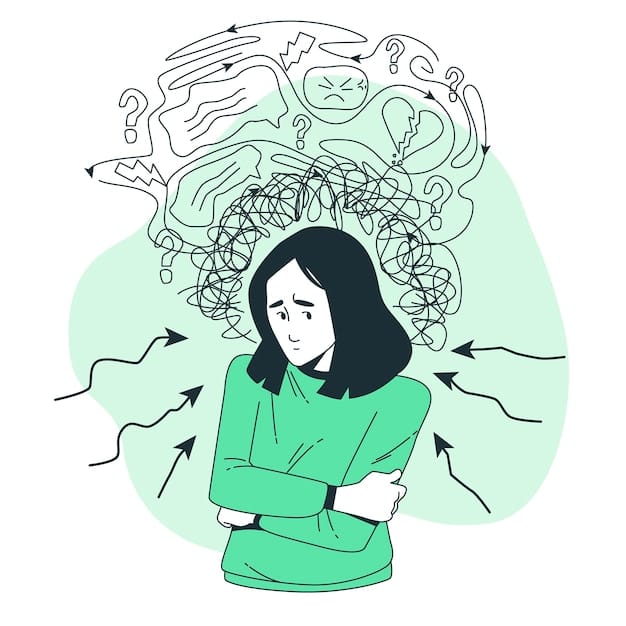
The term “mental illness” is a broad term used to refer to any and all “mental disorders”. In medical jargon, mental disorders are commonly referred to as psychiatric disorders and vice versa.
The scientific definition of Mental Illnesses.
According to the Diagnostic and Statistical Manual of Mental Disorders (DSM), a mental disorder is a clinically significant behavioral or psychological syndrome or pattern that occurs in an individual and that is associated with:
- Present distress (e.g., a painful symptom) or Disability (i.e., impairment in one or more important areas of functioning) or
- With a significantly increased risk of suffering death, pain, disability, or
- An important loss of freedom.
The Diagnostic and Statistical Manual of Mental Disorders is a reference text that mental health professionals use for the diagnosis of the entire spectrum of mental disorders.
Diagnosis of mental disorders are important for early treatment interventions. This in turn improves patient outcomes and the quality of their lives.
What does this definition mean?
Psychiatric/mental symptoms are common in the general population. People sometimes feel sad or anxious. At other times, they may feel like they want to be alone or they may feel like they are not able to concentrate. Some nights some people may not sleep very well. This list can go on and on.
The point is that we all have or will, at some point of our lives, experience one of the symptoms that are found in the list of symptoms for different mental disorders. Usually, we experience only a few of these symptoms at a time and they pass quickly without causing big disruptions to our lives.
The difference between this and the symptoms that are experienced by someone with diagnosed mental disorder is that the person with a diagnosed mental disorder has a particular cluster of changes in their behavior or their emotions that is severe enough to cause major disruptions of their lives. These behavioral and emotional changes are bad enough to make the person unable to work, unable to care for themselves and or unable participate in their usual social activities.
The person who has a mental illness can sometimes be severely affected if medical intervention does not take place. In these cases, the person can end up dead, disabled or they can lose their freedom.
The loss of freedom usually occurs because the patient is unable to care for and support themselves. Sometimes though, people with an untreated mental illness may suffer symptoms that make them a danger to themselves and others. Even though this is rare, it further highlights the importance of diagnosis and treatment of mental disorders.
Denying the existence of a mental disorder does not change the fact that you have a mental disorder. This denial only keeps you away from treatment that could improve the quality of your life.
